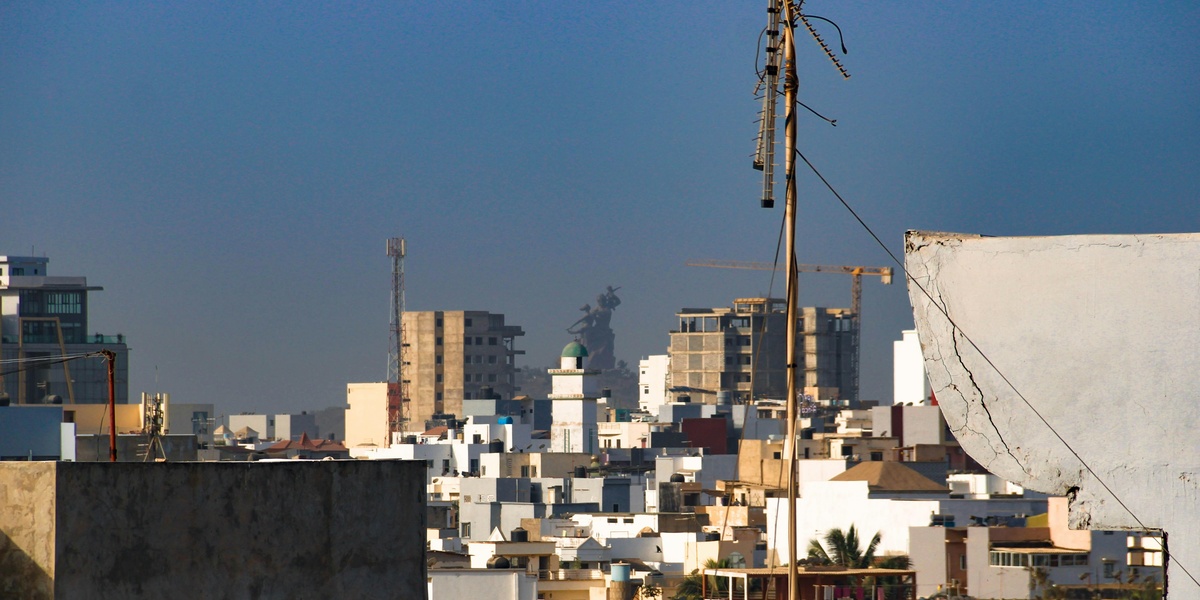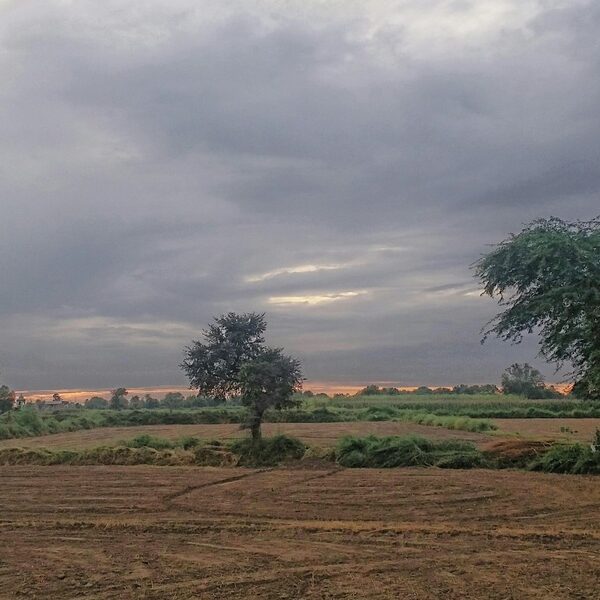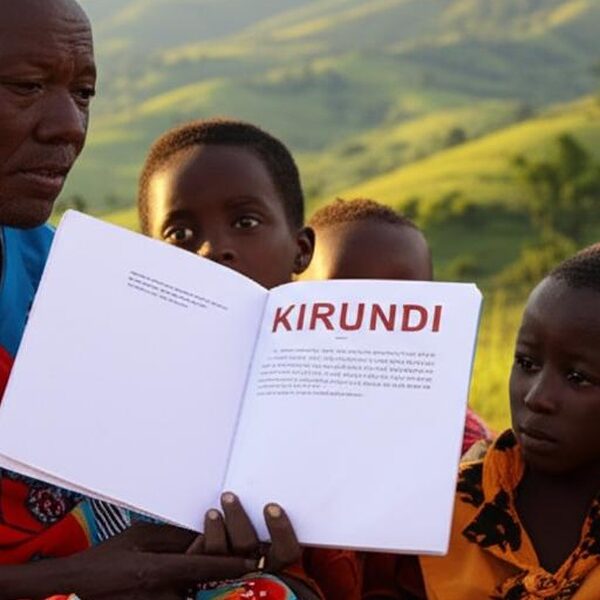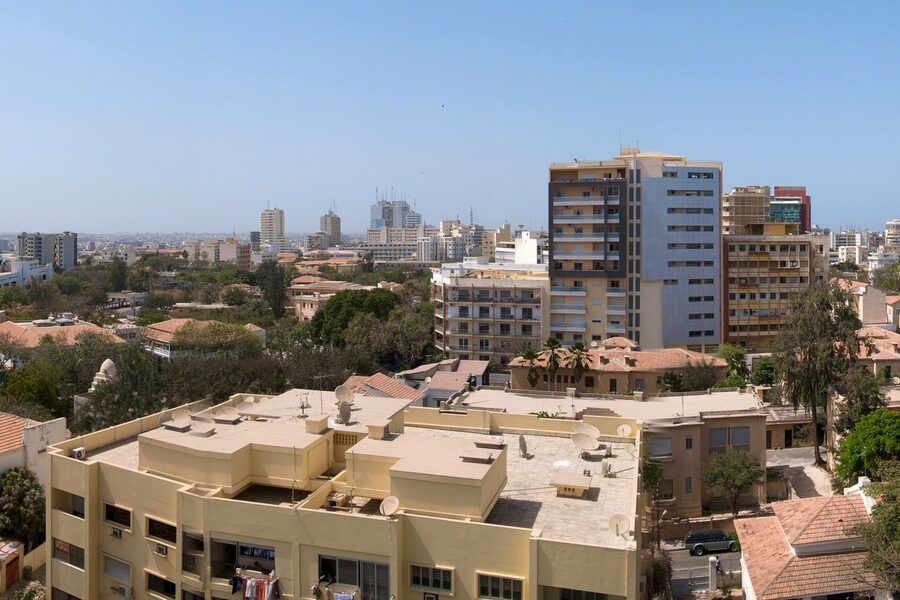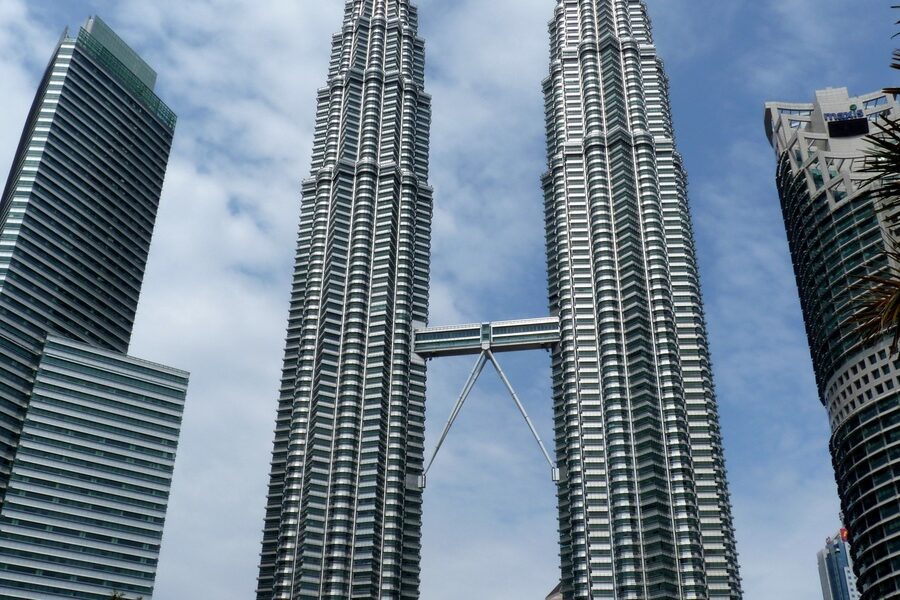On April 4, 1960, Senegal declared independence and began shaping a national identity that blends West African traditions with global influences. That date still marks a thread in daily life: civic pride, cultural institutions, and a reputation for stable politics that travelers and residents notice quickly.
For a modern reader weighing where to live, practical factors matter: affordability, strong social networks, a warm climate, and improving connections to the world. Senegal is home to roughly 17 million people and is organized into 14 administrative regions, giving a sense of scale and regional variety across coastlines, savannah and urban hubs.
If you’re weighing the benefits of living in Senegal, the case rests on a mix of economic opportunity (from the Port of Dakar and growing tech hubs), a rich cultural life, accessible nature, and infrastructure upgrades that make work and travel easier. Below are ten clear advantages across those areas.
Economic Opportunities
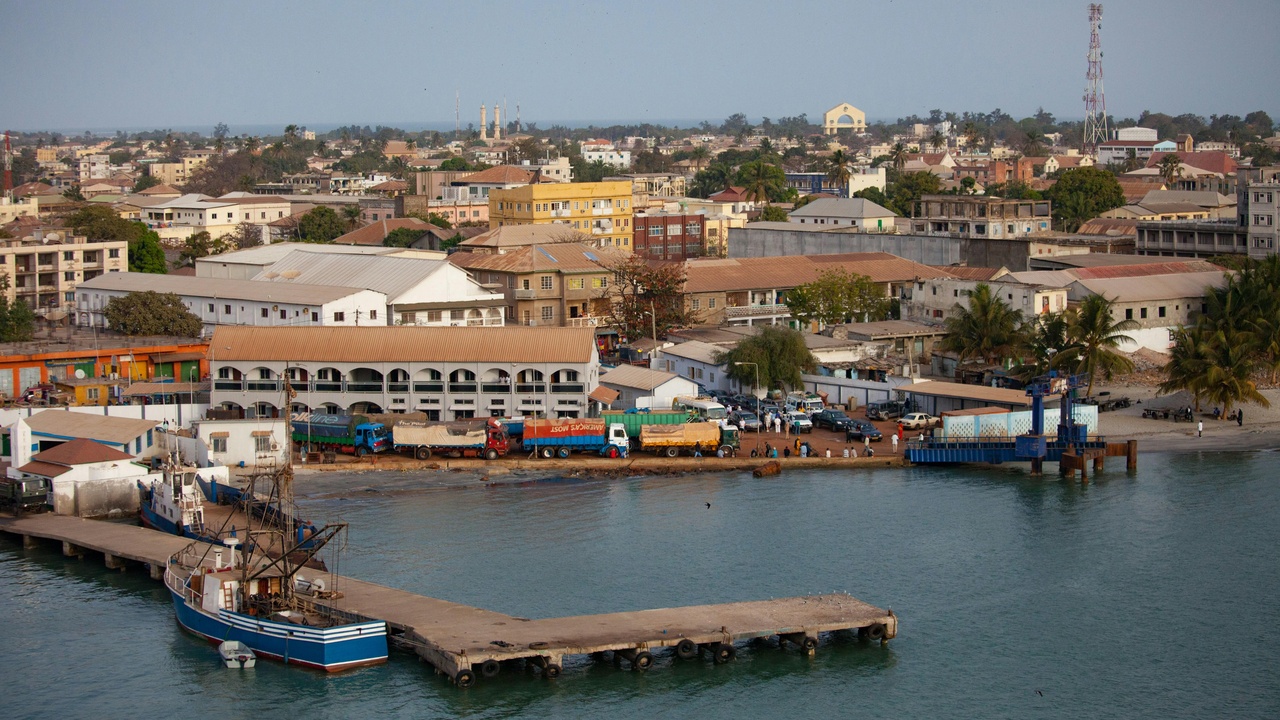
Dakar’s position on the Atlantic and the Port of Dakar’s deep-water terminals make the city a regional logistics hub, which supports jobs in shipping, warehousing and export services. At the same time, an energetic small-business scene—from street vendors to craft exporters—keeps money circulating locally.
Support for entrepreneurs is growing: co-working spaces and incubators such as Jokkolabs and CTIC Dakar offer mentorship, events and connection to investors. Local outcomes include new jobs in tech, an expanding creative economy, and more businesses scaling from neighborhood markets to regional buyers.
1. Growing small-business ecosystem
Urban centers such as Dakar and Thiès host incubators and co-working hubs that help founders refine products and find customers. Jokkolabs, for example, runs programs linking startups to mentors and regional networks.
Startup costs are often modest: many micro-enterprises begin in markets or small rented stalls, and local demand for goods and services—food, crafts, transport—creates steady cash flow. A craft exporter can start selling to tourists, then expand via container shipments to neighboring countries.
2. Strategic trade and the Port of Dakar
The Port of Dakar serves as a deep-water terminal and frequent transshipment point for West Africa, which translates to jobs in logistics and ancillary services. Container routes bring supplies into markets and open channels for exports like groundnuts, fish and manufactured goods.
For residents, this means better availability of imported goods and concrete opportunities for small exporters to access regional markets through warehousing and freight services based around the port.
3. Affordable cost of living and steady remittances
Outside central Dakar, housing and daily essentials tend to be far cheaper than in many Western cities. Modest apartments in secondary towns can rent for a fraction of capital prices, and neighborhood markets keep food costs reasonable.
Remittances—sent through well-known services and local banks—also play a major role in household budgets, supplementing incomes and supporting education and small investments. That combination attracts retirees, digital nomads and entrepreneurs seeking good value.
Culture, Community and Daily Life

Cultural life in Senegal is both visible and participatory: music pulses through neighborhoods, art fills galleries, and festivals animate city streets. These traditions shape daily routines and make social life rich for residents and newcomers alike.
4. Rich music, arts and festivals
Senegal has a global cultural footprint in music and visual arts. Icons such as Youssou N’Dour put Senegalese music on the world stage, while events like the Dakar Biennale draw artists and thousands of visitors to exhibitions and performances.
These scenes support creative careers: live venues, galleries and cultural centers create income for musicians, visual artists and event staff, and they provide memorable weekends for residents.
5. Strong social ties and Teranga hospitality
Teranga—the Senegalese value of hospitality—shapes everyday interactions. Neighbors commonly share meals, look after children, and help newcomers find housing or work through informal networks.
Practical benefits are clear: quicker social integration, trustworthy local referrals for tradespeople and landlords, and communities that rally around members during life events.
6. Coastal lifestyle: beaches, seafood, and outdoor living
Much of Senegal’s population lives within easy reach of the Atlantic. The Dakar peninsula and the Petite Côte offer beaches, seaside cafés and fishing communities where fresh seafood is part of the weekly routine.
Weekend activities often include beach trips, local fish markets and coastal walks—simple, affordable leisure that supports local vendors and a relaxed pace of life.
Climate, Nature and Well-being
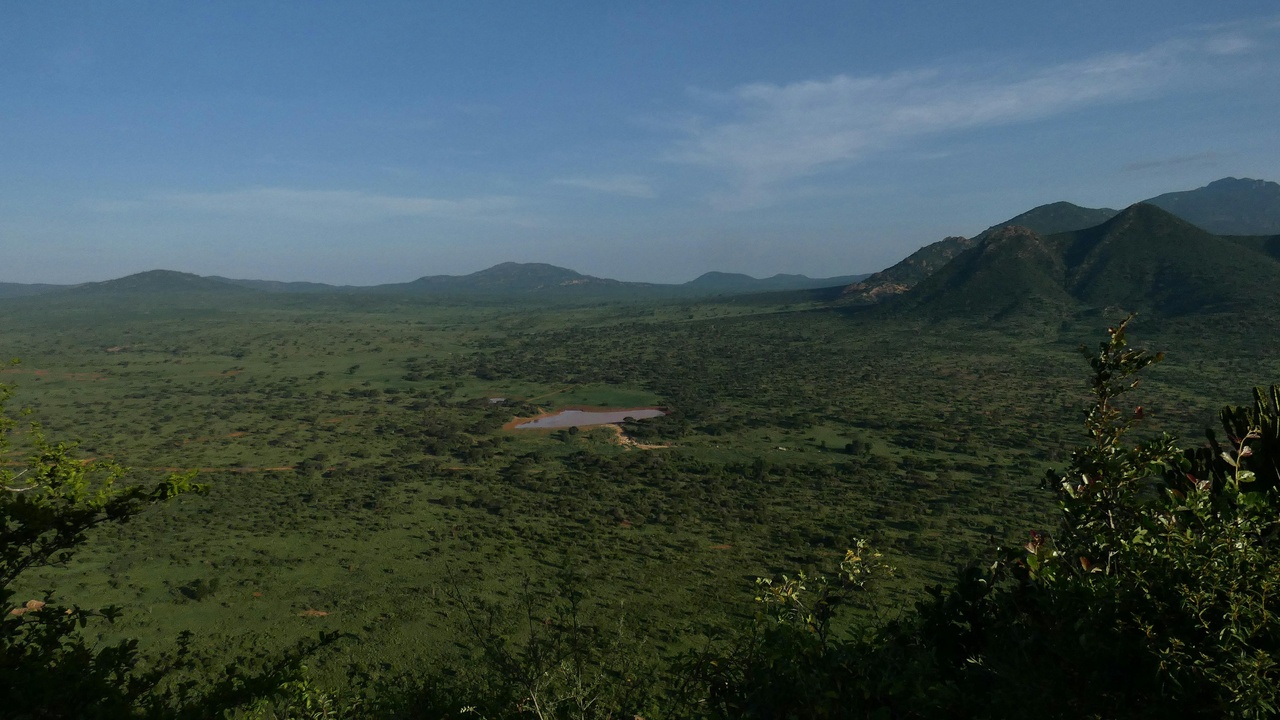
Senegal’s climate and landscapes encourage outdoor living, and its protected areas create both recreational options and jobs in tourism and conservation. Natural resources feed local diets and sustain small eco-businesses.
7. Year-round warm climate and outdoor living
Mild, warm weather for much of the year supports open-air markets, beach outings and community events. The seasonal rhythm—dry and rainy seasons—means residents plan outdoor festivals and market cycles around predictable patterns.
Practical advantages include lower heating needs and abundant public outdoor spaces that encourage walking and social activity.
8. Biodiversity, national parks and eco-tourism
Protected areas such as Niokolo-Koba National Park support wildlife tourism and create guide, lodge and transport jobs in nearby communities. Lake Retba (Lac Rose) offers unique scenic experiences and small-scale salt-harvesting enterprises.
Residents benefit from nearby recreation—birdwatching, guided safaris and coastal excursions—that supplement local incomes and add variety to weekend plans.
Infrastructure, Services and Governance
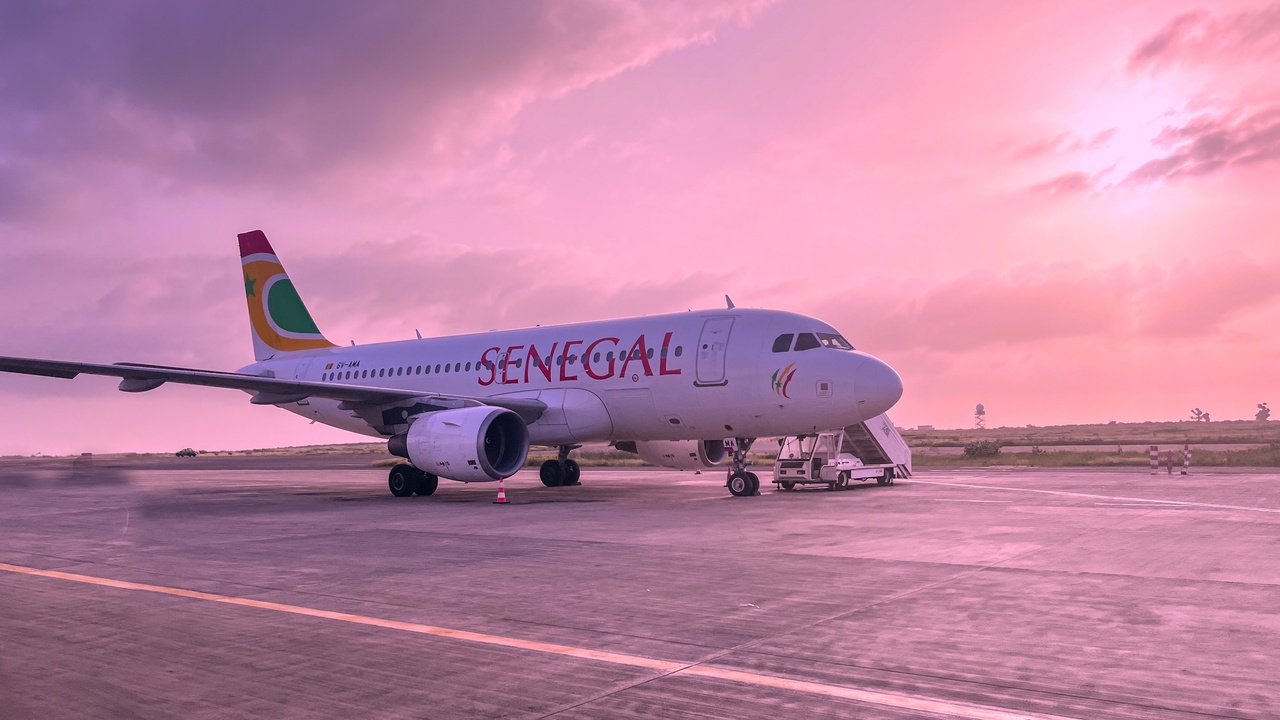
Recent infrastructure investments and long-standing civic traditions make daily life more predictable. Better air links, expanding telecoms and concentrations of hospitals and universities in Dakar improve access to services and opportunities.
9. Better connectivity: airports, mobile networks and internet hubs
The opening of Blaise Diagne International Airport in 2017 provided a modern gateway for direct international flights, improving travel for business and family ties abroad. Within cities, mobile coverage and internet cafés plus coworking spaces like CTIC Dakar support remote work.
Those changes have concrete outcomes: easier international travel, more reliable communication for businesses, and spaces where freelancers and entrepreneurs can connect and work.
10. Relative political stability and strong civic traditions
Since independence on April 4, 1960, Senegal has maintained a reputation for multiparty politics and several peaceful transfers of power, which supports investor confidence and everyday security in many areas.
That civic stability translates into more predictable public services, safer streets in many neighborhoods, and a culture where citizens engage in public life—factors that matter when deciding where to settle or start a business.
Summary
- A blend of economic openings (Port of Dakar, tech hubs) and affordable living makes Senegal attractive for entrepreneurs and remote workers.
- Cultural life—from Youssou N’Dour’s music to the Dakar Biennale—and Teranga hospitality create strong community ties and a lively daily rhythm.
- Coastal access, national parks like Niokolo-Koba, and a warm climate support outdoor living, eco-tourism jobs and fresh local diets.
- Infrastructure gains—Blaise Diagne International Airport (2017), improving mobile networks and coworking venues—make travel and digital work more practical.
- Benefits of living in Senegal combine culture, affordability and growing connectivity; consider visiting Dakar and a coastal town, researching local incubators, or reaching out to community groups to learn more.

